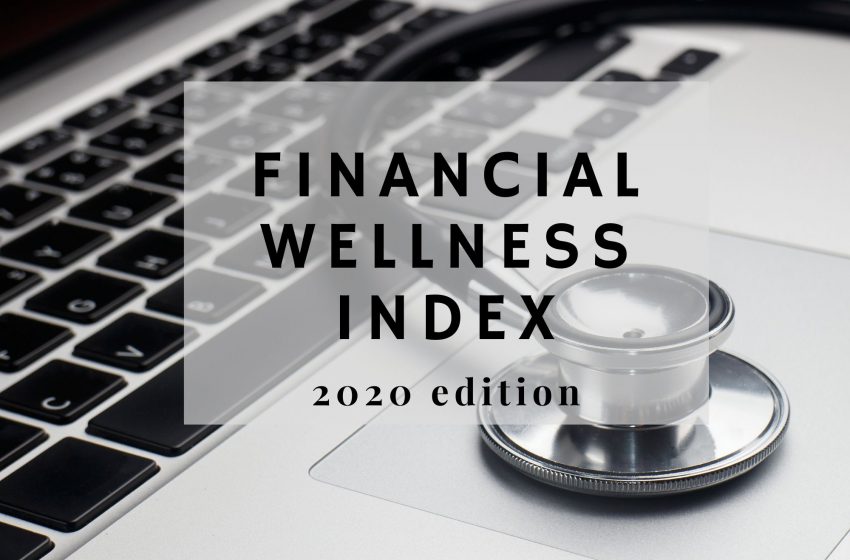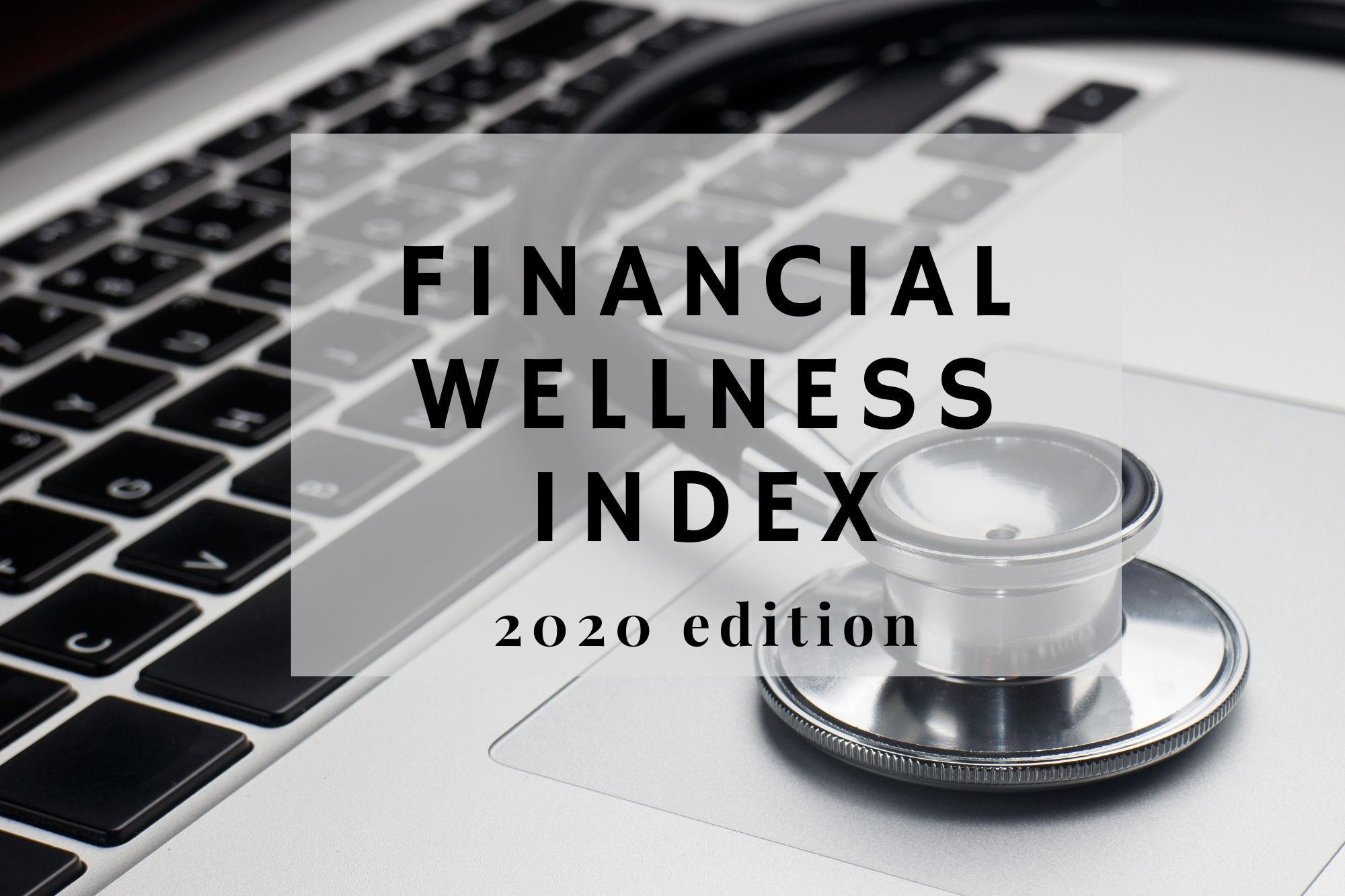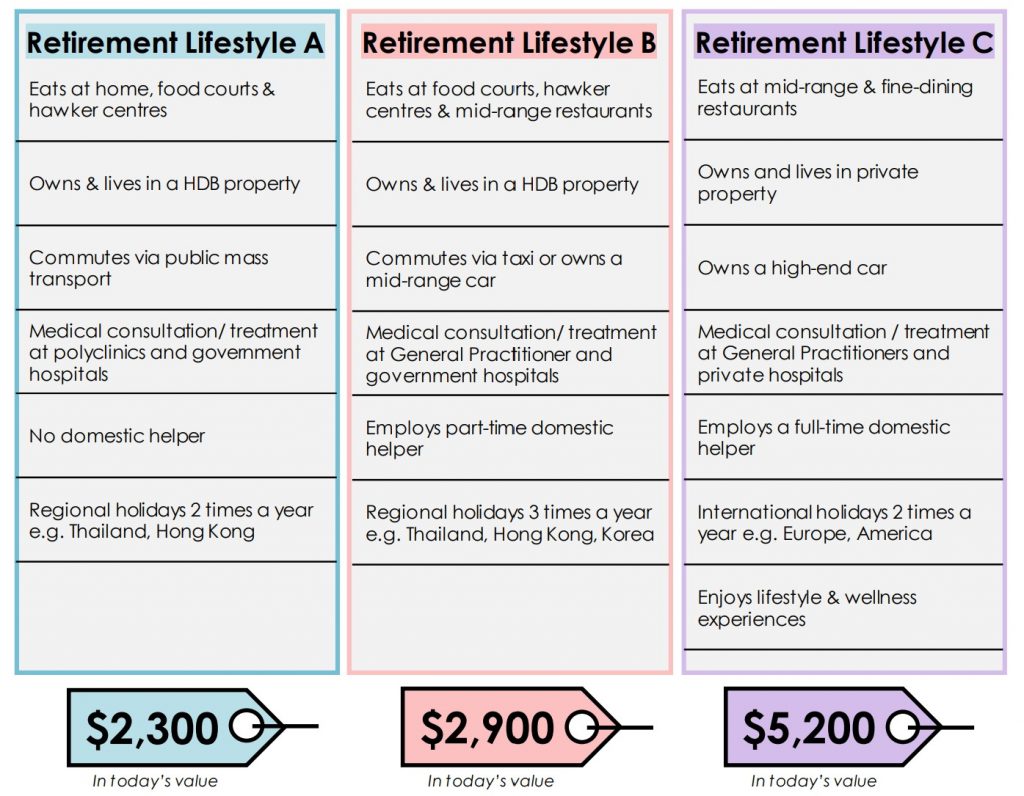Three causes there gained't be considered a 2021 housing industry crash

Financial Wellness Index 2021: How Have Singaporeans' Financial Wellness Fared During A Pandemic Recession And What Can We Do in order to Improve?

Against the setting of the global pandemic and a contraction of Singapore's economy, you can question Singaporeans' financial health. Based on the OCBC Financial Wellness Index, Singaporeans' financial wellness have dipped in 2021, for self-evident reasons.
Last year, our writer took the test and you can watch this video to see how he scored for his financial health.
Today, we dig deeper into the OCBC Financial Wellness Index 2021 recent results for more insights.
Savings And Emergency Funds Are More Important Than Ever With many Singaporeans Saving Almost 30% Of Income
With COVID-19 and a recession hanging over our heads in 2021, Singaporeans have placed an increased priority on savings and emergency cash this year. Saving regularly has improved from 87 to 92 points which improvement is across all age ranges surveyed.
Of note is always that individuals are saving for contingency (emergency cash) and retirement funds while travel/ overseas holidays took a backseat. With all travel restrictions and uncertain economic conditions, COVID-19 has in ways enforced better savings habits in Singaporeans and when we continue to keep this positive habit, it bodes well for our future financial wellness.
Read Also: Financial Routine is The only The very first thing To Reaching Your Goals
On a positive note, Singaporeans are also saving a significant significant portion of their income, almost 30%. This is consistent over the age groups with Millennials saving 29%, Gen X saving 26% and Baby Boomers saving 28%. For those who ask how much they should save, 30% can be a good benchmark.
Read Also: Working Adults Help guide to Starting An Emergency Fund – And How Much You ought to have In It
Almost One-Third Of Singaporeans Struggle To Pay Their Home Loans
However, more Singaporeans are also can not pay their house loans. The ability to repay mortgage loan has dropped from the score of 70 to 66 this season, an expression of the poorer economic system. 31% of Singaporeans surveyed are facing some problems paying their home loans with 9% saying that they might be instructed to sell or downgrade. This struggle is exacerbated amongst Millennials, with 38% facing some problem financing their home loans.
While the present low interest rate environment might be enticing for some to take up larger loans to finance larger homes, these statistics really are a sobering reminder that your ability to finance a house might be influenced by larger economic factors you cannot control, including unforeseen retrenchments or pay reductions.
Almost 1 / 2 of Singaporeans Possess a Stream Of Residual income However it Has Taken A success During The Recession
Singaporeans' best three types of passive income are unsurprisingly stock dividends, interest income and rental income. Naturally, these have taken a hit during the recession, specifically for stock dividends with the banks told to cap dividends by MAS. It has also negatively affected Singaporeans' spending ability and mortgage financing.
52% of Singaporeans (52%) have some form of residual income, even amongst Millennials (49%). Which means that if you are not investing your savings to accrue some form of passive income, you'll probably lag behind your peers during retirement.
Singaporeans Have to Strive for A Higher Retirement Amount For A Modest Retirement Lifestyle
The Index results also demonstrated that while three-quarters of Singaporeans aim for a modest retirement lifestyle, choosing Retirement Lifestyle A (36%) or B (38%), they still underestimate how much this lifestyle will cost them throughout their retirement.
For example, while living Retirement Lifestyle B will cost you about $2,900 in the current value, this lifestyle will cost you $1.7 million for a 20 year retirement period in 2050, assuming you're aged 35 today and will retire at 65 years of age. However, respondents estimated this to simply cost about $1.Two million, a gap of more than 30%.

Additionally, aside from starting earlier, one distinction between those who are on the right track for his or her retirement and people who aren't may be the way they decide to accumulate their retirement funds. Those who are on track rely more heavily on investments for example stocks and shares, instead of CPF Life.
Thus, it might be prudent to both start planning for your retirement earlier and also to invest your retirement funds rather than counting on savings and CPF Life.
Millennials More Driven To develop Their Wealth And want To workout More Prudence In Doing So
Millennials place growing their very own wealth his or her top priority and they're also more aggressive in performing, with 39% of Millennial investors speculating excessively to make quick gains. Millennials are also more prone to do their very own research before making financial decisions and their main source of information is online sources. Millennials will also be more likely to believe that A.I makes better decisions than them.
All these bits of information point towards robo-advisors as being a more desirable platform for Millennial investors to purchase, when compared to traditional investment advisor model that the older generations may be more used to. Using a robo-advisor may also curb the tendency for excessive speculation while catering to Millennial preferences for online resources.
Fewer Women Investors Feel Confident And Knowledgeable But People who Will have Better Investment Results
Unfortunately, the stereotype that women are less savvy about finance seems to play out within the Financial Wellness Index: more women (42%) than men (33%) say that they don't know the best way to boost their money and much more women (38%) than men (30%) will probably say that investing is gambling.
Only 28% of ladies feel confident and knowledgeable about their investment decisions when compared with 48% in men. However, women tend to be more than twice more likely to do their own research and talk to qualified financial representatives. This shows in their investment performance. 68% of confident women investors meet or exceed their investment targets compared to 59% of confident men investors.
In general, the findings suggest that women have a tendency to be more cautious and conservative within their investment decisions and this may not be a bad thing in terms of investment outcomes.





